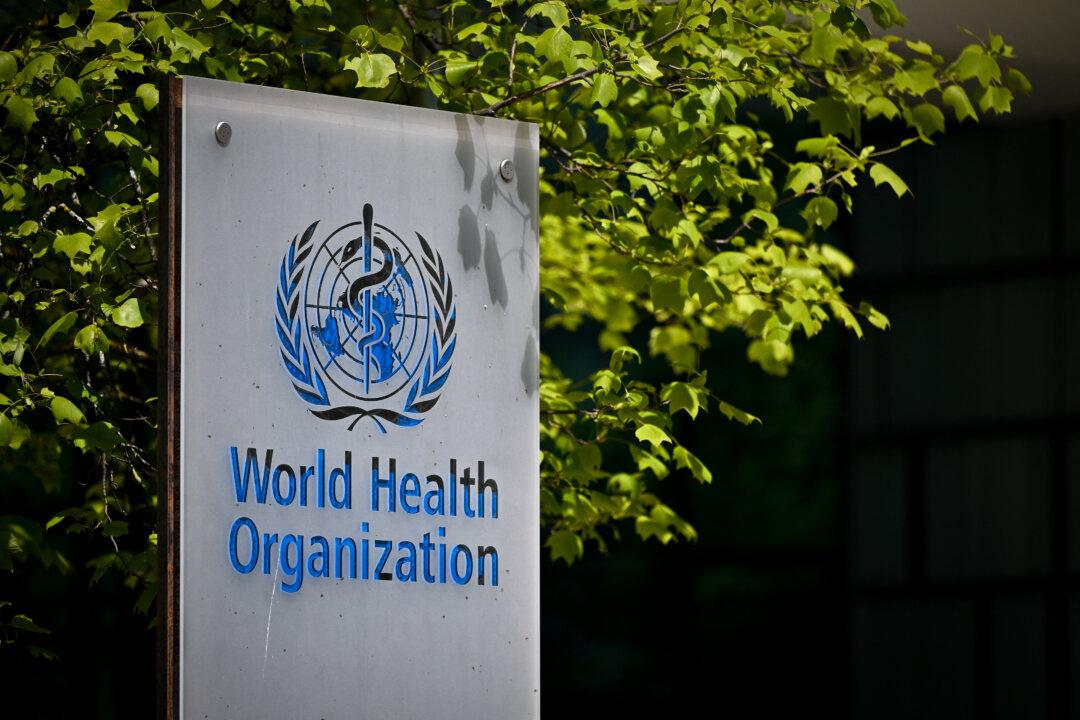The claim that Australia will lose its sovereignty under the pandemic treaty has been allayed for now after the government confirmed it will retain agency over its own policy decisions.
Under questioning from One Nation Senator Malcolm Roberts during a Senate hearing, members from the Department of Health and Aged Care said the World Health Organisation had no legal authority to force member states to adopt any of its recommendations.





